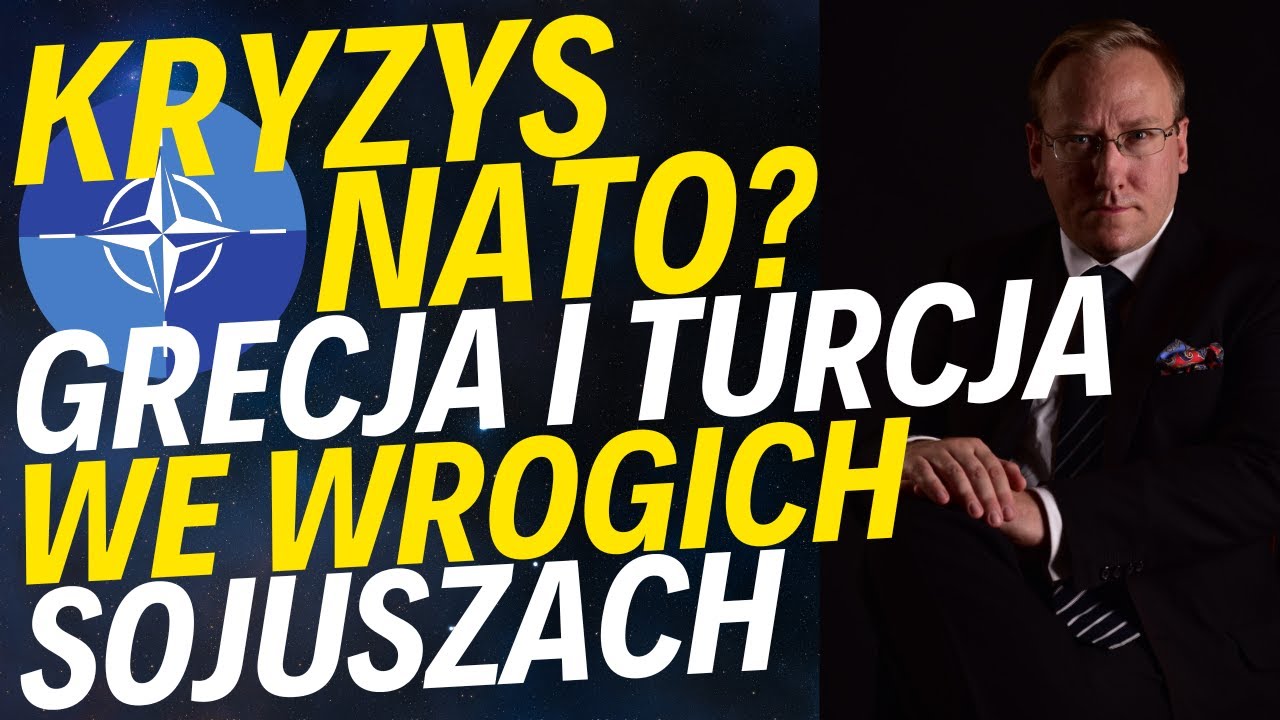Poland wants to remember, not revenge," said Deputy Prime Minister Władysław Kosiniak-Kamysz during the ceremony commemorating the victims of the "Volyńska slaughter". It was done 82 years ago by Ukrainian nationalists. This year we celebrate for the first time the anniversary of these events as part of the state holiday. The Polish Military Museum opened an exhibition dedicated to the murdered Poles.
– Genocide in Volyn was 1 of the worst events in Poland's history, this is simply a substance that we must never forget – said Władysław Kosiniak-Kamysz, Deputy Prime Minister, Minister of National Defence at the Museum of the Polish Army at the Warsaw Citadel. On Friday, the head of the MON took part in the beginning of an exhibition dedicated to victims of the crime committed by Ukrainian nationalists. We remember and we will remember. This is why the exhibition shows the drama of Polish victims and the destiny of those who tried to save them," added Władysław Kosiniak-Kamysz.
Deputy Prime Minister recalled that This year for the first time on 11 July is celebrated as a state holiday: National Day of Memory of Poles – Victims of Genocide made by OUN and UPA in east lands of the Second Republic. "The families of the victims and all who believed that fact and memory were worth fighting for were waiting for this minute 82 years," he said. At the same time, he pointed out that Poland cares about memory, not revenge. – Today we are with Ukraine on the same side, we aid her and we will proceed to aid her, but between friends we request to talk honestly, so we emphasize that the memory of the Volyn crime is crucial for Polish past and we want to build on this fact the future – explained the head of the MON.
Kosiniak-Kamish argued that Volynsk wound would not heal until it was cleared. This purification, as he explained, means, among another things, Ukraine's admission that genocide took place, the setting of crosses where Polish blood was spilled, as well as the exhumation of victims and their burials worthy of them. The Minister thanked the Ukrainian side for this recently begun in Volyn exhumations of Polish victims.
Piotr Zgorzelski (PSL), Deputy Marshal of the Sejm, besides pointed to the request to search the fact about Volyn genocide. "The way of Ukraine to the European Union is through Volyn truth, due to the fact that only in this way can honest neighbourly relations be built," said Zgorzelski. As he mentioned, 82 years ago Ukrainians, poisoned by nationalist ideology, murdered Poles surviving next to them. “There is no excuse for specified ideology and specified cruel murder,” emphasized the Deputy Marshal.
Professor Grzegorz Motyka, manager of the Military Historical Bureau and investigator of Polish-Ukrainian relations after 1939, recalled that Volynsk crime It started on 9 February 1943 with the massacre of the village of Papała and lasted until May 18, 1945. – In the full action, according to historians, 100 1000 Poles were the victim of robberies, and there would be more if not Polish self-defense, troops of the Peasant Battalions or the National Army, specified as the 27th Volynska Infantry Division of the AK – he mentioned.
During the ceremony, Alina Amborska, who was 5 years old, witnessed the execution of her loved ones by UPA, besides spoke. They came into the home with guns, put us against the wall and chose who to kill. They left us, but my grandpa and 2 uncles died. I inactive have these events in my eyes present – she told me. As she added, her household has been hiding in the woods always since. The exhibition featured photographs of Mrs. Alina taken during her family's funeral.
Bogusław Pacek, manager of MWP, said the exhibition was a symbolic celebration of the memory of victims of genocide made 82 years ago. The exhibition “Ludicide in Volyn and Polish Self-defense 1943–1944. Volyn 1943–1944" shows through documents, accounts and photos the past of the Volyn crime and Polish self-defense. It utilized archives from the MWP, the Military Historical Office, the Institute of National Memory, the survey of Underground Poland in London or the Centre of Charter. The exhibition will be open at the MWP for a month, then it will be hosted by another museums in Poland.
Today's celebrations of commemoration of the victims of the Volynsk crime began by Deputy Prime Minister Kosiniak-Kamish laying flowers at the Volynsk Cross at the Military Cemetery in Powązki. A mass for victims of genocide and defending their soldiers was celebrated in the WP Field Department. At noon on the Volynsk Skwer at the memorials: victims of the Volynsk crime and 27. DPAK was read a memorial appeal and flowers were placed. The ceremony was attended by Paweł Bejda, Deputy Minister of National Defence and Lech Parell, Head of the Office for Combatants and Represented Persons.
National Day of Memory of Poles – Victims of Genocide made by the Organization of Ukrainian Nationalists (CNS) and Ukrainian Insurgency Army (UPA) on east lands of the Second Republic was introduced to the calendar of state holidays at the initiative of PSL MPs. The festival is to be celebrated July 11, the anniversary of the alleged bloody Sunday 1943. Then in about 100 towns in Volyn the biggest wave of murders in Poles occurred. respective 1000 people died at the hands of members of the CNS, UPA and Ukrainian peasantry. It was the apogee of the alleged Volyn massacre. According to estimates of the Institute of National Memory, in 1943–1945 in Wołyń, in east Galicia and in Lublin, about 100,000 Polish citizens were killed by Ukrainian nationalists, mainly residents of the village.

![„Społeczeństwo islamu nie jest zdolne do reformy” [Ferghane AZIHARI]](https://wcn-media.s3.us-west-004.backblazeb2.com/2026/02/ahmadardity-quran-4951042_1920.jpg)






